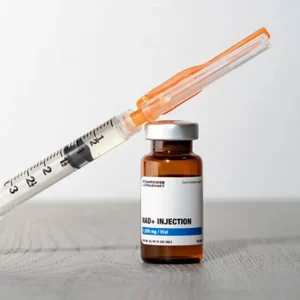Regenerative and Anti-Aging Medical care
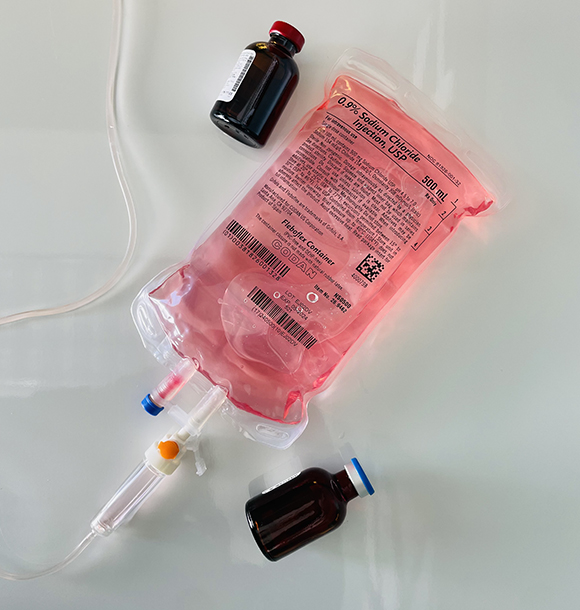
IV Infusion therapy
IV Hydration Therapy delivers fluids mixed with vitamins, minerals and antioxidants directly into the blood stream, bypassing the digestive system.
Benefits of IV Therapy
- Anti-Aging
- Weight Loss
- Regulate Sleep, Mood, and Appetite
- Detoxify Your Body
- Recover Faster
- Increased Memory & Focus
- Immunity boost
- And Much More!
- Nad + coenzyme Therapy
- Plaquex ( polyunsaturated phosphatidylcholine (PC) for heart health and blood circulation assistance
How often can I get IV therapy?
The frequency depends on your health goals and needs. For general wellness, treatments every 2–4 weeks are common. For specific concerns, a more personalized schedule may be recommended.
How long does a session take?
An IV therapy session typically takes 30–60 minutes, depending on the type of treatment.
What’s the difference between IV therapy and vitamin injections?
- IV Therapy delivers a combination of fluids, vitamins, and minerals directly into the bloodstream for quick absorption and comprehensive treatment.
- Vitamin Injections typically provide a single nutrient, such as B12 or Vitamin D, in a concentrated dose.
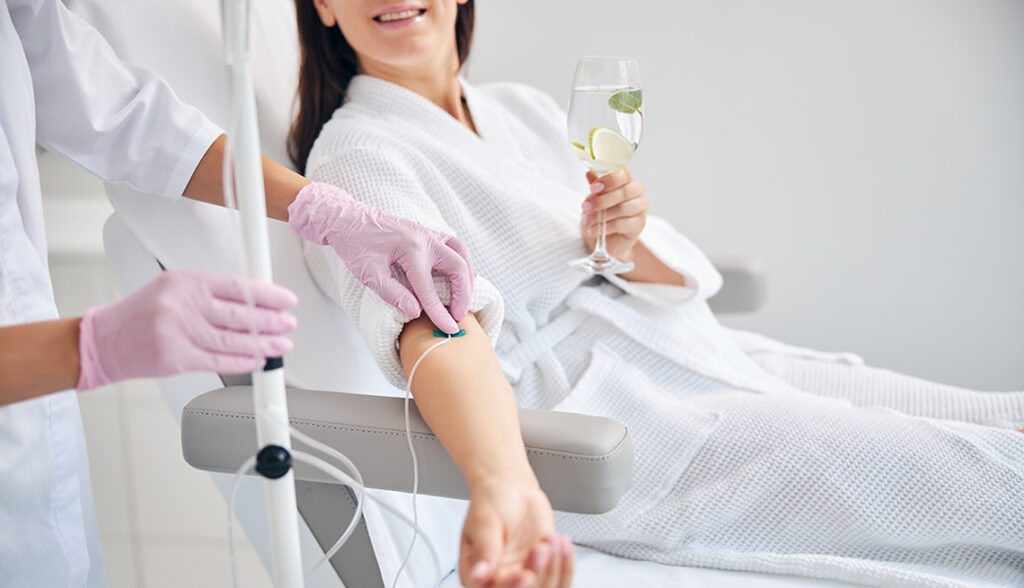
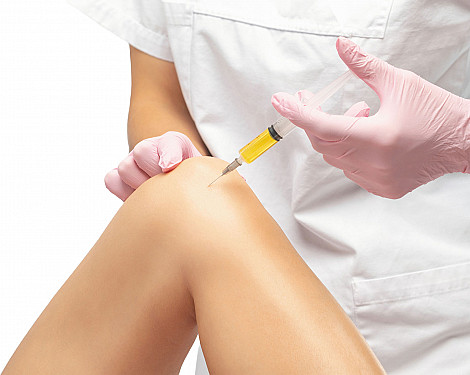
PRP Injections
(Platelet-Rich Plasma) injections use concentrated platelets from a patient’s own blood to promote healing. This natural, minimally invasive treatment by stimulating tissue repair and reducing inflammation.
Benefits of PRP Injections
- Accelerated Healing
- Natural Treatment
- Reduced Inflammation
- Help with Joint Pain
- Shoulder pain
- Knee pain
PRP is an innovative treatment that uses the patient’s own blood platelets to promote healing and tissue regeneration. PRP injections can provide pain relief, reduce inflammation, and improve function. They are also beneficial for traumatic soft tissue injuries and conditions like degenerative meniscus lesions.
PRP therapy for knee injuries is particularly helpful for osteoarthritis, patellar tendon injuries, and ACL ligament tears. Research on PRP for knee osteoarthritis has shown positive results, significantly improving symptoms.
How does PRP therapy work?
A small amount of your blood is drawn and processed in a centrifuge to separate the platelet-rich plasma. The PRP is then injected into the targeted area to accelerate healing and boost natural cell growth.
How many sessions are required for PRP?
The number of sessions depends on your condition and goals. For most treatments, 3–4 sessions spaced a few weeks apart are recommended, followed by maintenance sessions as needed.
Who is a good candidate for PRP therapy?
Recover from injuries or chronic pain.
However, it may not be ideal for individuals with certain medical conditions or blood disorders.
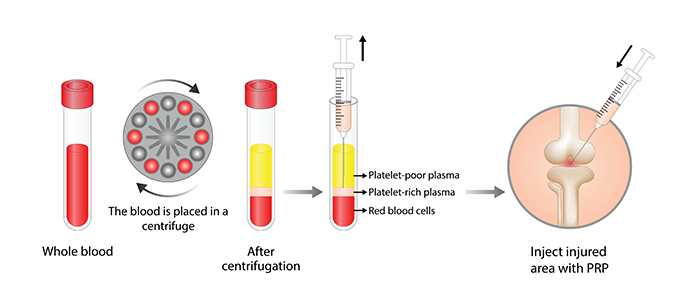
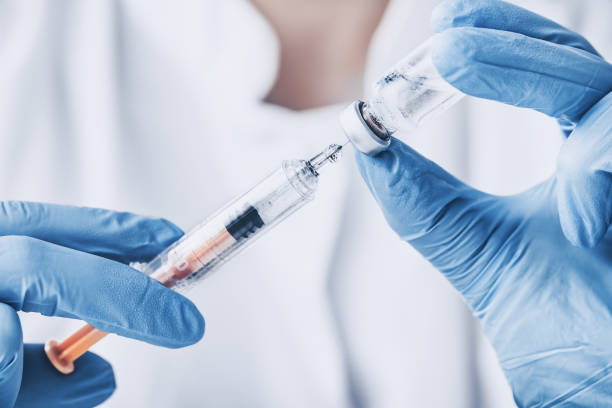
Injectable Meds
Injectable medications are drugs given through a needle for fast, targeted effects. Common types include intramuscular, subcutaneous, and intravenous injections.
Benefits of Injectable Meds
- Improved Compliance
- Rapid Onset of Action
- Controlled Release
- Pain Relief
- Hormones
- Vitamins Intake
Benefits of NAD+
Nicotinamide adenine dinucleotide (NAD) offers benefits like reduced withdrawal symptoms during addiction recovery and improved cognitive function, focus, and mental clarity.
Some of the advantages of IM injections include:
- Improved Energy Levels – Boosts cellular energy production, helping reduce fatigue.
- Enhanced Cognitive Function – Supports brain health, improving focus, mental clarity, and memory.
- Addiction Recovery – Aids in reducing withdrawal symptoms and cravings during addiction recovery.
- Anti-Aging Effects – May help slow down aging by supporting DNA repair and cellular regeneration.
- Improved Metabolism – Supports better metabolic function and fat burning.
- Increased Endurance – Helps improve physical performance and stamina.
- Supports Healthy Sleep – Contributes to better sleep patterns and quality.
